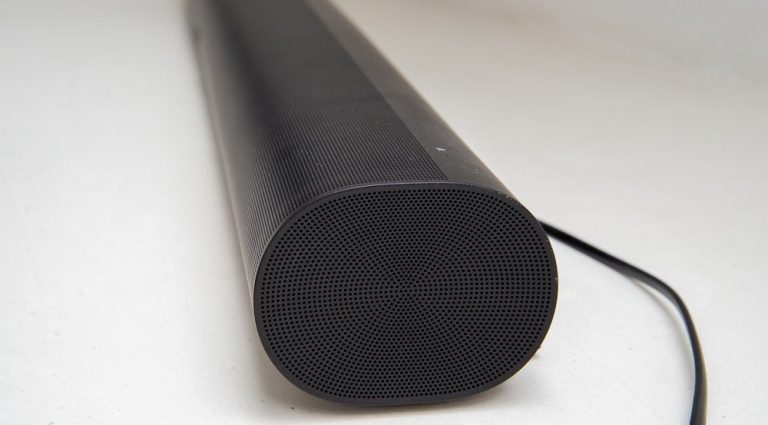Unleash the Future of Sound: How AI is Revolutionizing the World of Headphones

The Overhyped Importance of AI in Headphones
As we delve into the world of audio and headphones, one term stands out – artificial intelligence, or AI. With a slew of new releases incorporating AI into their noise-canceling headphones, you’re probably wondering: is AI truly the next frontier for these devices? In this piece, we’ll explore whether AI’s impact on headphones is all it’s hyped up to be, or just a marketing trick.
Machine Learning’s Limited Reach
AI comes in many forms, from machine learning to deep learning. When it comes to headphones, machine learning, which relies on statistical models to process data, has been applied to noise reduction and voice calls. By analyzing patterns in audio noise, headphones can adjust in real-time to optimize their performance. However, AI’s ability to truly wow is inconsistent, often performing admirably in certain settings, yet falling short in others.
The Human Brain of Deep Learning – Almost an Afterthought in Headphones
Another popular form of AI is deep learning, which draws comparisons to the human brain for its ability to process information in a similar way. This version of AI excels in tasks such as image and speech recognition but is, surprisingly, infrequently utilized in headphones – with some notable exceptions like research developments in Washington aimed at enabling users to adjust the level of noise noise cancellation. While innovative in theory, these developments still await their commercial release in the mainstream.
How Much is Too Much in Noise-Cancellation?
One popular AI-enabled noise-cancellation feature, the adaptive mode, automatically detects ambient noise and adjusts to cancel it out. As exciting as this may seem, many users might fail to notice the difference in sound quality between adaptive and standard noise-cancellation. With AI noise-cancelling or sound, while improvements may be marginal at best, the human brain’s remarkable ability to recognize patterns means we may fail to distinguish between AI-infused sound and more rudimentary approaches.
We’re Still in the Thick of AI’s Trial Run
It’s evident we’re still in the beta testing stages of AI development in headphones. Improvements are crucial, but relying too heavily on marketing prowess won’t cut it – the line between hype and substance needs to be sharply drawn. AI may boast significant advancements in the short term, but until reliable and effective implementations emerge, its promise remains somewhat questionable.
The Bottom Line
To answer our main question, AI may become the next frontier for headphones, but it’s undeniable that, at present, most ‘AI’ features rely on compatible smartphones – rendering their impact relatively minuscule. We desperately need meaningful advancements to deliver on the AI’s substantial potential, rather than a laundry list of flashy headlines and features that often blur the lines between innovation and gimmickry.
• Bose QuietComfort Ultra Headphones Design
• Galaxy Buds Pro 3 Not Powered by Itself






